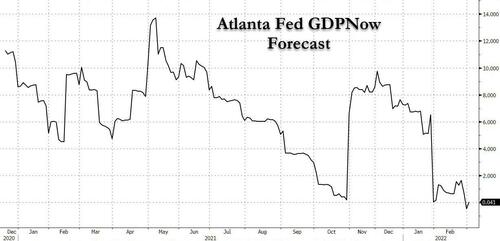
Russian President Vladimir Putin is carrying out a brutal invasion of Ukraine, and the international community has largely united to punish him for it. In addition to the sanctions on Moscow and the military aid to Kyiv that the United States has already approved, some American politicians are suggesting more pointed measures.
“Frankly, I think…kicking every Russian student out of the United States,” said Rep. Eric Swalwell (D–Calif.) on CNN last week, should “be on the table.” Rep. Ruben Gallego (D–Ariz.) backed him up, tweeting, “These Russian students are the sons and daughters of the richest Russians. A strong message can be sent by sending them home.”
This is a misguided proposal that will drive a wedge between the U.S. and people who would be well-served by American values. Rather than expelling Russian nationals who are uninvolved in the sins of their government, we should be welcoming them with open arms and encouraging them to engage with our values.
Some 5,000 Russian students were studying at American universities in 2021, according to the Institute of International Education. Demand among young Russians to study abroad has grown steadily over the past several decades. In 2019, roughly 75,000 Russians were attending foreign universities, at least four times higher than the early 2000s level. As of 2015, the U.S. ranked only behind Germany as the top destination for Russian students completing their educations abroad.
Even during the days of the Soviet Union, the U.S. recognized the importance of maintaining cultural exposure. America welcomed “some fifty thousand…scholars and students, scientists and engineers, writers and journalists,” and others from the Soviet Union under exchange programs between 1958 and 1988, per former U.S. diplomat Yale Richmond. Cold War–era exchange programs “fostered changes that prepared the way for [Mikhail] Gorbachev’s glasnost, perestroika, and the end of the Cold War,” Richmond argued. President Dwight D. Eisenhower even “wanted to bring 10,000 Soviet students to the United States” at one point, according to Richmond.
It’s true that Russians from influential and wealthy families seek out an American education. But to claim that each of the 5,000 Russian students here is rich—and that sending them all home would hit Putin where it hurts—is simply incorrect. And if massive, debilitating sanctions meant to cut Russia off from the global economy haven’t yet convinced Putin to stop his assault on Ukraine, it’s hard to see how expelling Russian students would. “The more likely outcome,” Stuart Anderson of Forbes writes, “would seem to be ruined education plans and sympathetic coverage in Russian state media of young people, it would be argued, who were unfairly targeted by the U.S. government.”
Anderson points out, correctly, that a blanket expulsion policy would harm some Russian students fleeing persecution themselves. A stark example: the daughter of Alexei Navalny, the Russian dissident who was poisoned, dubbed a terrorist, and imprisoned after becoming the face of the opposition. His daughter Daria is a student at Stanford University and would be caught in the dragnet of the punitive, ill-targeted policy Swalwell and Gallego have proposed. There is no earthly way that her expulsion would harm the regime intent on punishing her father.
Swalwell has softened his posture to a degree, calling more specifically for the expulsion of “oligarchs’ kids with student visas.” Still, the U.S. should be welcoming Russian students with open arms and allowing them to stay on American soil if they wish to do so. Russia is already in severe population decline, having lost 1 million people in 2021. Offering refuge to Russian nationals who wish to live away from the repressive regime is a prime way for the U.S. to bolster its own economy while depriving Putin of the brainpower that fuels Russia’s industries. Not every student will stay, and some may be connected to Russia’s oligarch class, but they should not be kept from an American education and the values it might instill.
U.S. history is replete with examples of the ill effects that result from punishing, expelling, or detaining people purely based on their ethnicities or governments. Beyond an American education, Swalwell and Gallego’s proposal would deprive Russian students of the opportunity to engage with American ideals and culture—and the opportunity to experience more openness and democracy than they may ever encounter under Putin.
The post Don't Kick Russian Students Out of the U.S. appeared first on Reason.com.
from Latest https://ift.tt/ID4wLnz
via IFTTT





